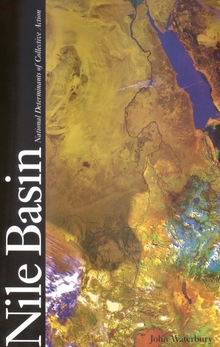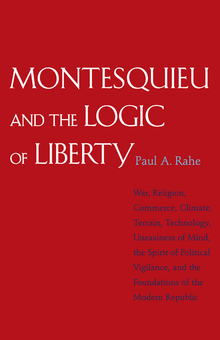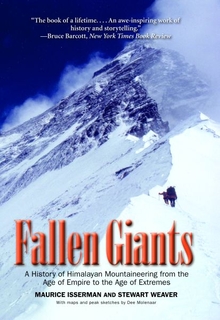The Nile Basin
WARNING
You are viewing an older version of the Yalebooks website. Please visit out new website with more updated information and a better user experience: https://www.yalebooks.com
National Determinants of Collective Action
John Waterbury
The supply and management of fresh water for the world’s billions of inhabitants is likely to be one of the most daunting challenges of the coming century. For countries that share river basins with others, questions of how best to use and protect precious water resources always become entangled in complex political, legal, environmental, and economic considerations. This book focuses on the issues that face all international river basins by examining in detail the Nile Basin and the ten countries that lay claim to its waters.
John Waterbury applies collective action theory and international relations theory to the challenges of the ten Nile nations. Confronting issues ranging from food security and famine prevention to political stability, these countries have yet to arrive at a comprehensive understanding of how to manage the Nile’s resources. Waterbury proposes a series of steps leading to the formulation of environmentally sound policies and regulations by individual states, the establishment of accords among groups of states, and the critical participation of third-party sources of funding like the World Bank. He concludes that if there is to be a solution to the dilemmas of the Nile Basin countries, it must be based upon contractual understandings, brokered by third-party funders, and based on the national interests of each basin state.
“This excellent book makes a significant contribution to the rational discussion of Nile conflicts and should be helpful to many of the other 282 international river basins facing similar problems.”—Peter P. Rogers, Harvard University
John Waterbury applies collective action theory and international relations theory to the challenges of the ten Nile nations. Confronting issues ranging from food security and famine prevention to political stability, these countries have yet to arrive at a comprehensive understanding of how to manage the Nile’s resources. Waterbury proposes a series of steps leading to the formulation of environmentally sound policies and regulations by individual states, the establishment of accords among groups of states, and the critical participation of third-party sources of funding like the World Bank. He concludes that if there is to be a solution to the dilemmas of the Nile Basin countries, it must be based upon contractual understandings, brokered by third-party funders, and based on the national interests of each basin state.
“This excellent book makes a significant contribution to the rational discussion of Nile conflicts and should be helpful to many of the other 282 international river basins facing similar problems.”—Peter P. Rogers, Harvard University
John Waterbury is president of The American University of Beirut and author of The Hydropolitics of the Nile Valley, a classic study of the politics of developing international river basins.
“Clear and persuasively written, this book will find an audience among policymakers dealing with conflicts over resources, common property scholars, the international policy and donor community, and those with an interest in international collective action.”—Arun Agrawal, Yale University
“This excellent book makes a significant contribution t the rational discussion of Nile conflicts and should be helpful to many of the other 282 international river basins facing similar problems.”—Peter P. Rogers, Harvard University
“The reader is taken on a compelling journey through water politics, spanning from the colonial period through the cold war era to contemporary times, illustrating the reasons why basin-wide cooperation is yet to emerge among the Nile riparians. . . . Waterbury has a long experience of working in the Nile region, which makes the book empirically insightful and analytically illuminating.”—Hakan Tropp, Natural Resources Forum
"It is essential reading for understanding events in the basin that relate to the Nile during the last two decades. The book combines a very readable approach to contentious issues that are often prone to hyperbole."---The Geographical Journal
ISBN: 9780300088533
Publication Date: February 8, 2002
Publication Date: February 8, 2002
224 pages, 6 1/8 x 9 1/4
6 maps
6 maps








